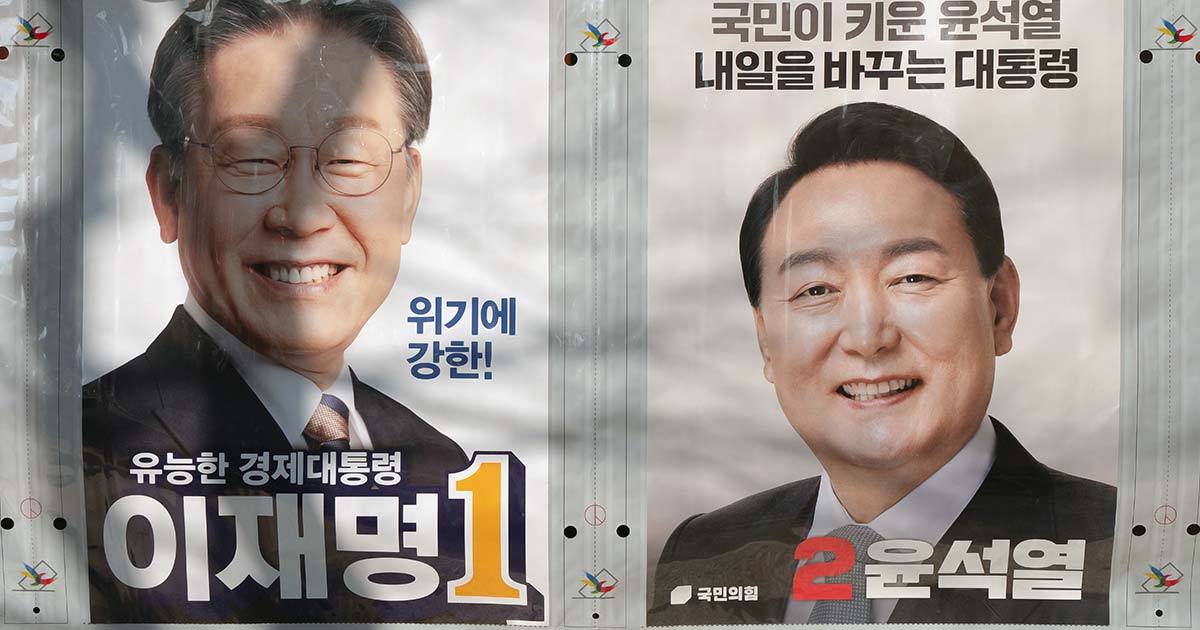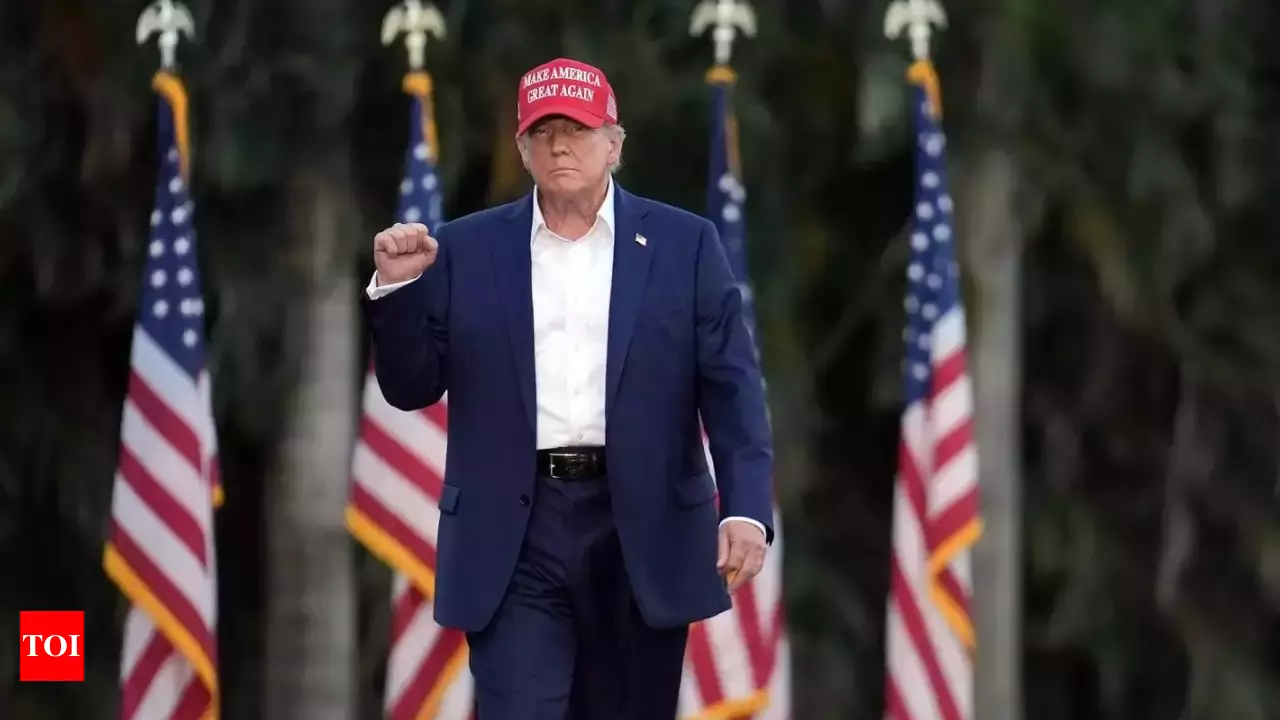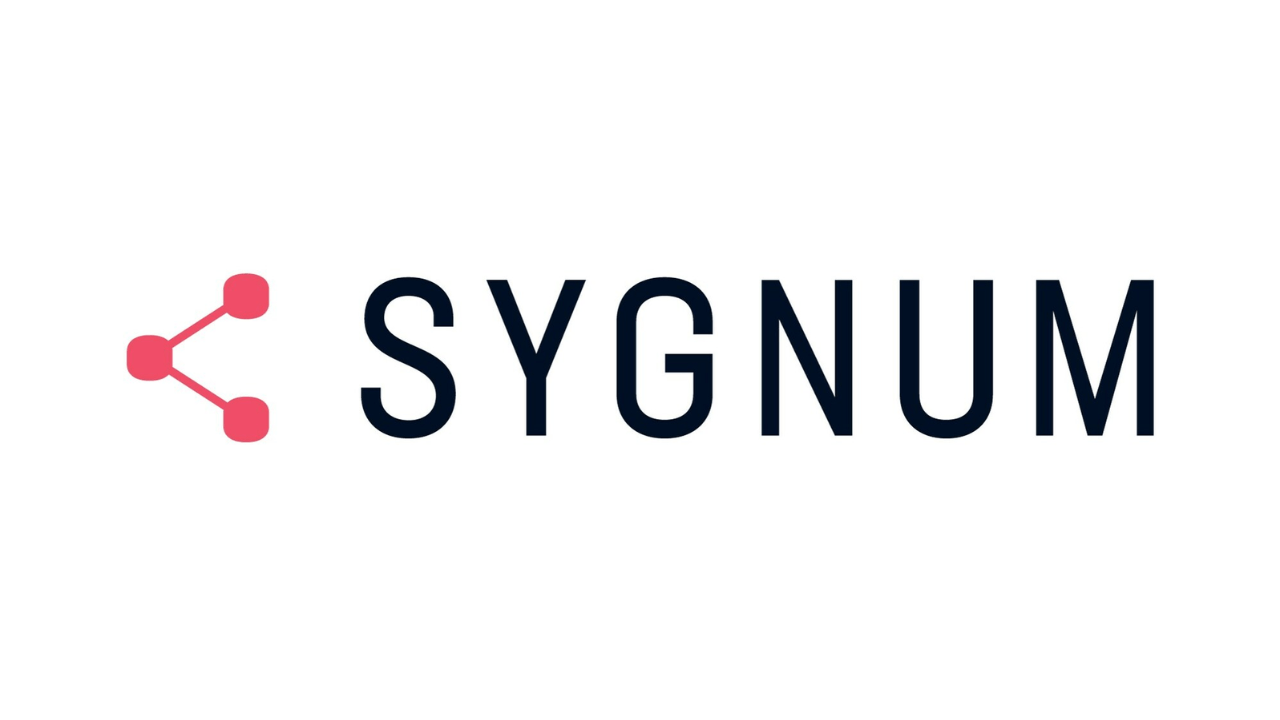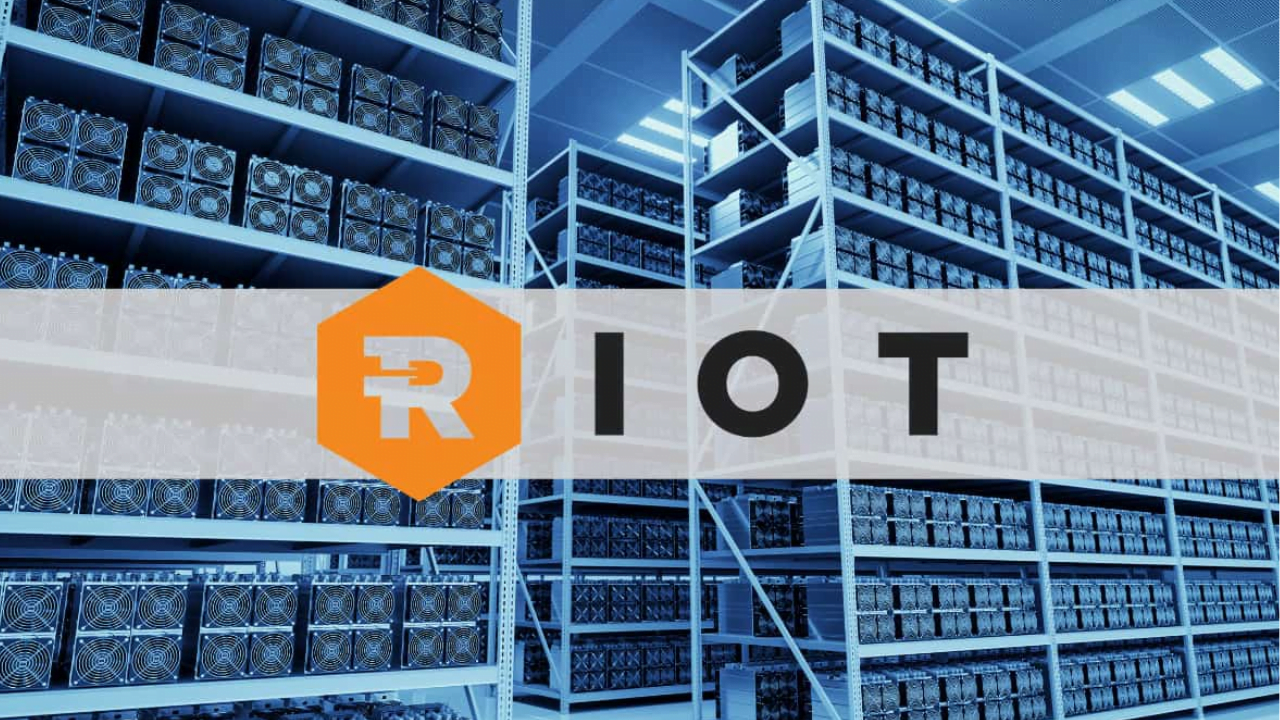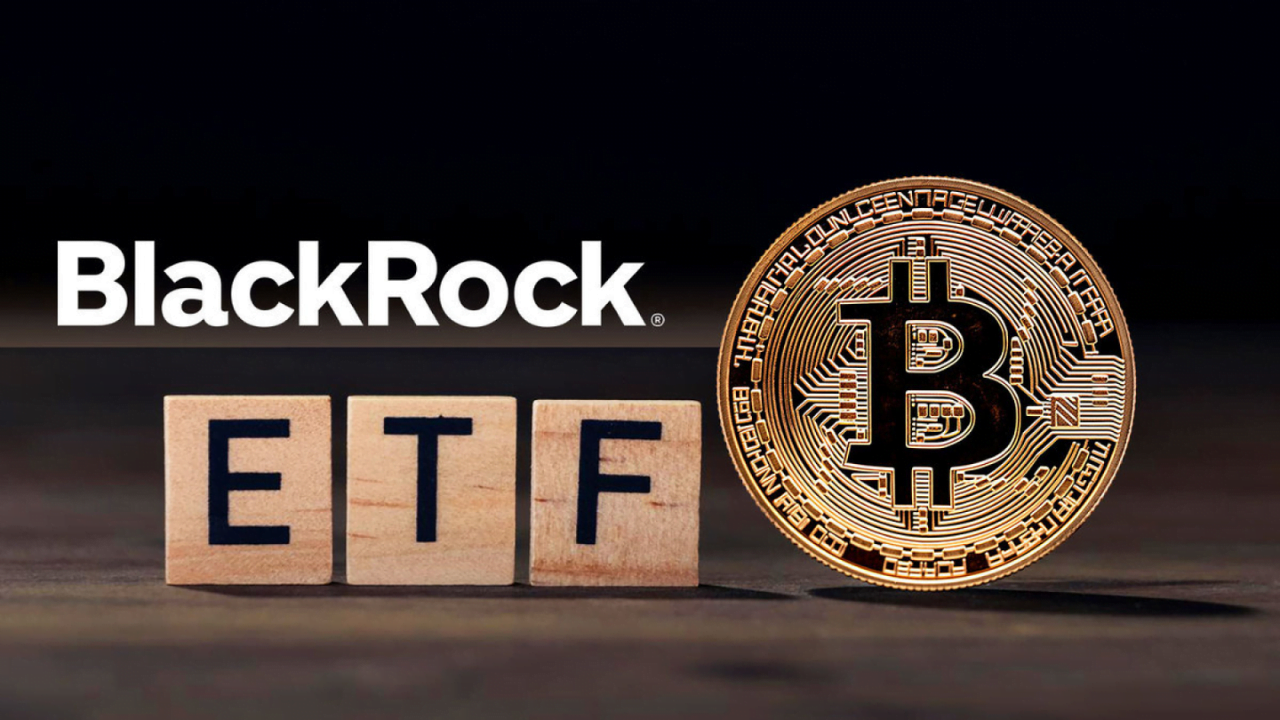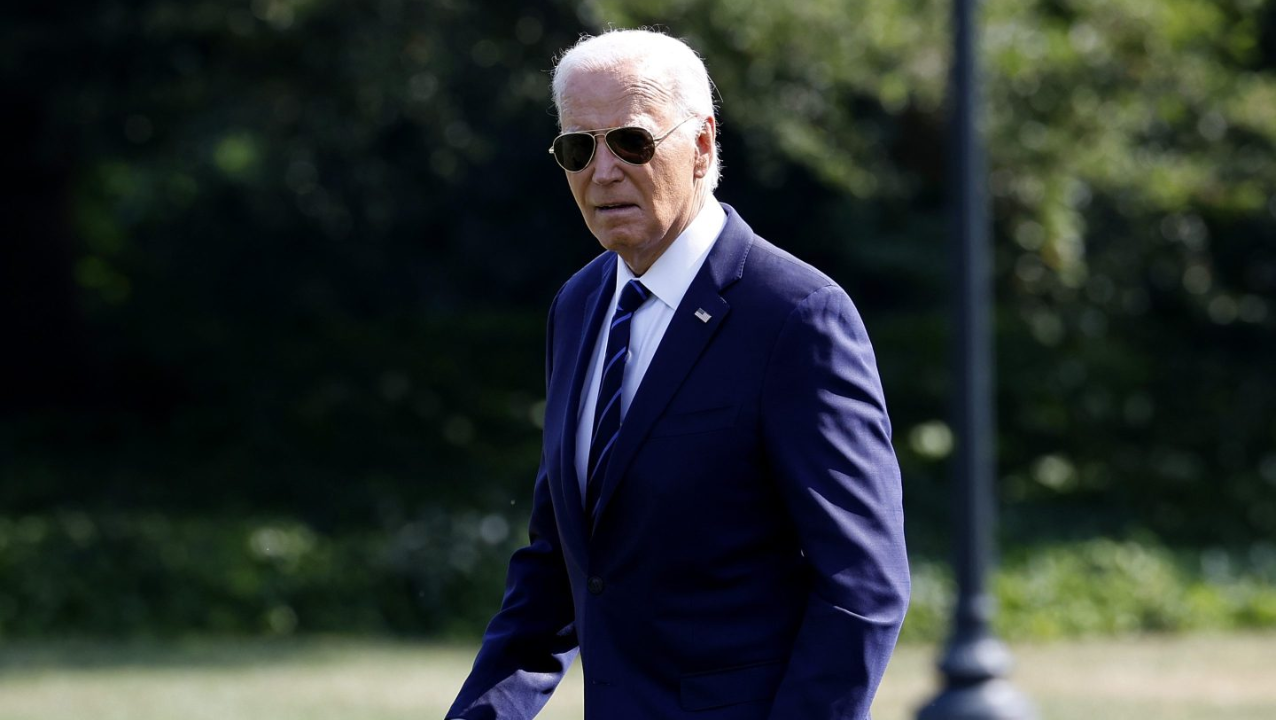It looks like South Korea is riding the cryptocurrency wave now. Around 10% of the population has already invested in cryptocurrencies during the time Bitcoin reached an all-time high in 2021. This is almost double that of 2017 when cryptocurrency was first hit the country. Several factors have contributed to the growth of cryptocurrency in South Korea, including political uncertainty, the understanding of the micropayment systems, and prevalent economic problems amongst a few. The Conservative Party candidate, Yoon Suk-Yeol who supported the deregulation of the cryptocurrency and the issue of non-fungible tokens (NFTs) has been elected as the next President of South Korea.
A cryptocurrency start-up, Icon (ICX), born out of South Korea has experienced a 60% rise in the last 12 hours. This development comes up when the cryptocurrency market is highly dynamic and fluctuating due to the impending Russian attack on Ukraine. Currently, an ICX token is trading at $0.9027 on the international crypto market. Following the victory of Yoon Suk-Yeol, ICX token profits have risen overnight. As per market researchers, the South Korean cryptocurrency sector is currently reminiscing its second nationwide boom with over 2 million national experimenting in the arena.
Yoon Suk-Yeol’s Cryptocurrency-Related Pledges
Here is what Yoon Suk-Yeol promised during this presidential campaign before winning the seat.
- He proposed an annual universal basic income of USD 800
- Thinking of releasing a government-led crypto asset that can be easily adopted by citizens, further enhancing the distribution of UBI
- Brainstormed around creating an international crypto hub
- Promised to review the ICO ban
- Pledged to consider the issuing of security tokens for both small and medium-sized businesses
- Pledged to think around tax parity with stock exchange traders’ limit on tax-free trading
It looks like these promises helped him win against Lee Jae-Myung. In the previous half of the century, South Korea has undergone an inspiring transformation from an authoritarian and poor country devasted by the tyranny of its neighbours into a culturally rich, thriving, and resilient democracy. Today, South Korea is a major hub of powerhouse and technology transformation. Its pop culture has reached the global masses in recent years.

